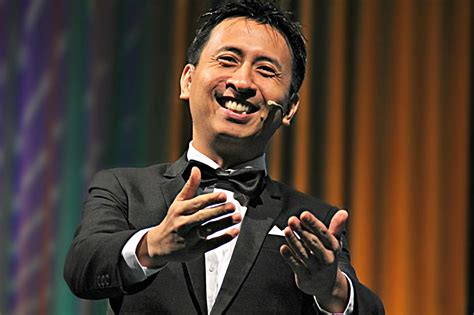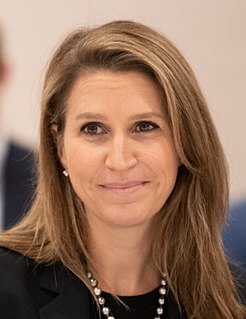A Quote by Dambisa Moyo
I had the good fortune to spend hours with my parents around the dinner table having debates on politics and economics.
Related Quotes
I had the good fortune to be able to take a course with Margaret Mead. I had a fabulous art course, where it was explained to me that nothing exists in a vacuum, that everything is a result of the period in which it's done - the economics, the sociology, the politics, all sewn together. That was a very important lesson.
You know, I had a new kind of thought on Black Lives Matter and the All Lives Matter thing. And the best way to explain it is if we're all sitting around at a table having dinner, and everybody gets pie except for you and you say, my pie matters, I don't have pie, and everybody at the table looks at you and says, I know, all pie matters, it shows that the people at the table aren't really listening.
Working- and Middle-class families sat down at the dinner table every night - the shared meal was the touchstone of good manners. Indeed, that dinner table was the one time when we were all together, every day: parents, grandparents, children, siblings. Rudeness between siblings, or a failure to observe the etiquette of passing dishes to one another, accompanied by "please" and "thank you," was the training ground of behavior, the place where manners began.
I also believe - and hope - that politics and economics will cease to be as important in the future as they have been in the past; the time will come when most of our present controversies on these matters will seem as trivial, or as meaningless, as the theological debates in which the keenest minds of the Middle Ages dissipated their energies. Politics and economics are concerned with power and wealth, neither of which should be the primary, still less the exclusive, concern of full-grown men.




































